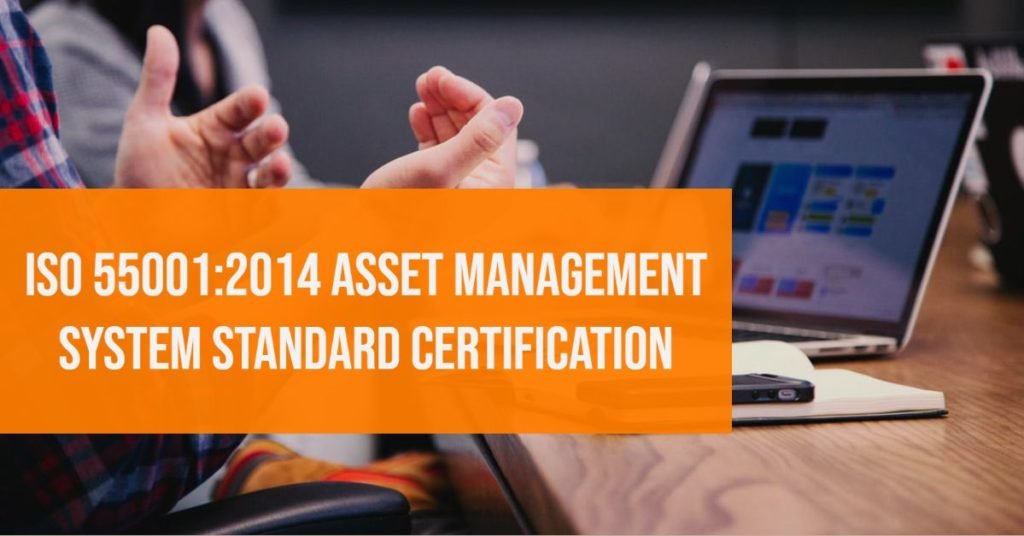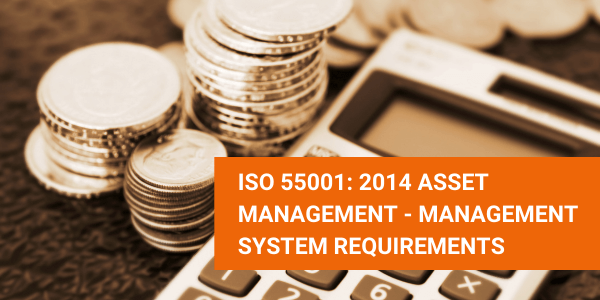Information Security Management System Standard (ISO 27001:2013) is the most sought-after ISO Certification in UAE. Many companies are looking forward to implementing the best cyber security practices.
IT security is a vital aspect in every organization and safeguarding the company’s IT System remains the top priority. ISO 27001:2013 Certification is the best solution for achieving the desired IT security in any organization.
Key Components of ISO 27001:2013 Standard?
The ISO 27001:2013 Standard consists of parameters and guidelines for successfully implementing the Information Security Management System.
The ISMS System consists of a set of policies, processes, and systems to manage risks to organizational data, to ensure acceptable levels of information security risk.
The Cyber Security Standard has policies to conduct a risk assessment and identify any potential hazards in the system. IT Security System (ISMS) will flag the system vulnerabilities and the IT team will take the required corrective actions.
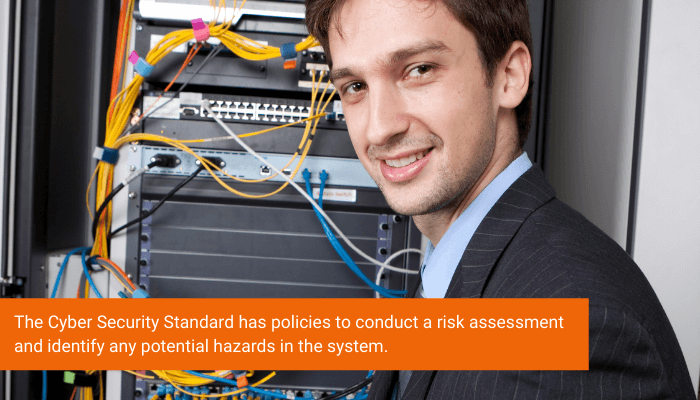
Implementing the ISO 27001:2017 compliant security management system will help organizations maintain the confidentiality, integrity, and safeguarding of the corporate data from any external hacks.
ISO27001:2013 Standard consists of about 114 control points to check the system vulnerabilities. The organization will prompt the corrective actions and secure the system.
Key Benefits of the Cybersecurity Standard (ISO 27001:2013 Certification)
ISO 27001:2013 Standard is beneficial for the organization to a great extent when it comes to safeguarding the organization’s IT System and avoid any cyber-attack in the organization.
1. Data Protection at All Times
Protect the IT system and employee devices from hacking even when they are accessing them outside the office. The ISO Standard insists on using the best practices of cyber security and data protection.
2. Reduce Information Security Costs
The risk assessment and analysis approach of the ISO 27001:2013 standard ensures the organization is not spending additional costs.
It helps to curb adding security layers and defensive technology that is of no use for the organization’s process flow.
3. Reduce Vulnerabilities in the System
The ISMS system will help reduce the vulnerabilities in the system and provide the guidelines for taking the right corrective actions.
The constant checks on the IT system performance will keep the data losses or any cyber-attacks on the radar.
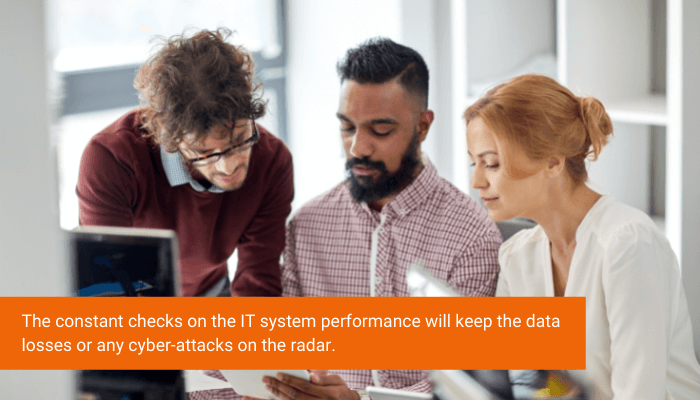
Also by implementing the best practices of cyber security in the system the organization can assure the elimination of any incidents that will comprise the system security.
4. Identify Evolving Threats in Security
The cyber-attack patterns are evolving and the cyber security practices are custom-made in a way the organization benefit from the IT Security best practices. The system will flag any kind of malpractices and notifies the IT team to take corrective action.
The in-depth control checks enable the IT team to keep the system secure and free from any evolving threats in the Information Technology system.
5. Meet Contractual Obligations
ISO 27001:2013 Certification helps an organization to demonstrate its commitment to IT Security and implementing an IT Management System.
Also, the ISO Standard is globally recognized and compliant with all the latest cyber security laws and data protection protocols.
Hence getting ISO 27001:2013 Certification ensures the IT System is well monitored and has met all compliance requirements. Government Agencies and other third-party providers will accept the ISO Certification as a trust seal for quality in operations and IT Security Management.
ISO 27001:2013 Implementation Process
ISO 27001:2013 Certification implementation process is similar to all other ISO Certifications. Broadly it can have classified into three steps.
1. Hire an expert ISO Consultant and a Certification Body
For the successful implementation of the ISO 27001:2013 Certification on-board an experienced IT Consultant with the cyber security standard implementation experience.
They will help the organization to apply the right actions and implement the best practices by keeping the cost low. The success of the ISO certification depends on the consultants.
2. In-depth Audit to check the compliance guidelines
Once the compliance guidelines are met by the organization and the internal auditor conducts the required checks, it is time for the detailed external audit by the Certification Body.
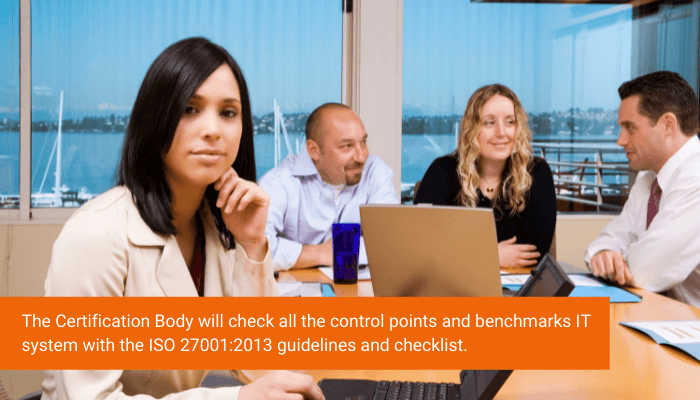
The Certification Body will check all the control points and benchmarks IT system with the ISO 27001:2013 guidelines and checklist. Once the system is passed the Certification will be awarded by the ISO Certification body for 3 years.
3. Follow-up Audits and Surveillance Audit
To effectively maintain the ISO 27001:2013 Certification status and follow the compliance process. The IT Security System must be audited periodically by the internal auditors. Depending on the complexity of business operations the audit can be quarterly, half-year, or yearly.
The surveillance audit is to ensure the system is running perfectly and compliance is met at all stages of operation.
Hence, ISO 27001:2013 is an effective Certification Standard to maintain the IT System Security levels and keep the cyber-attacks away from affecting the system and data.
Considering the financial, reputation, and informational loss of a cyber-attack getting an ISO 27001:2013 Certification and investing in cyber security best practices right away is an advisable option for any organization.
To know more about Cyber security best practices and ISO 27001:2013 Standard implementation, talk to our expert ISO Consultants right away!
Contact Us: Aurion ISO Consultants


